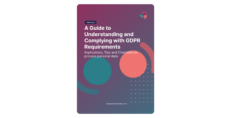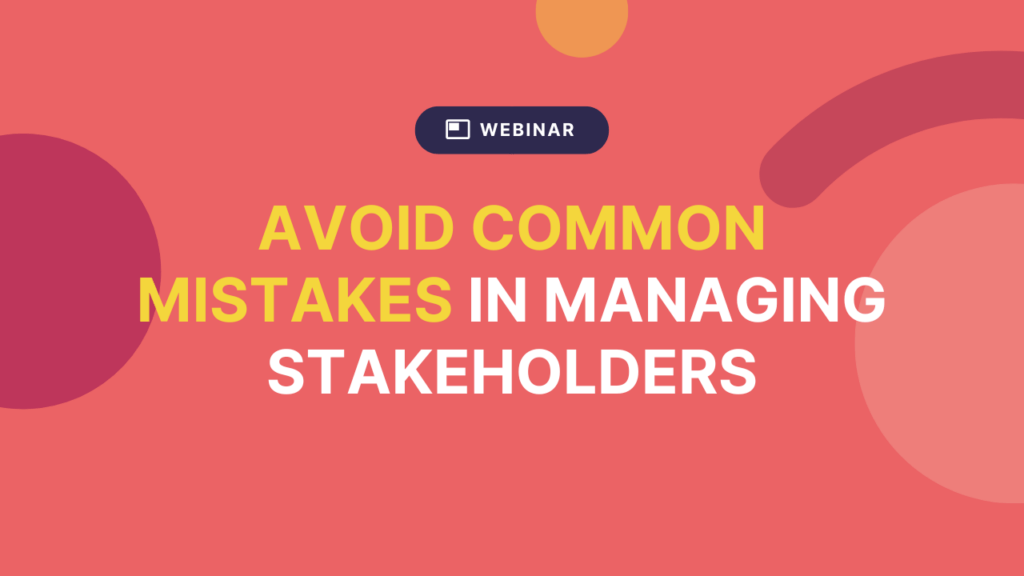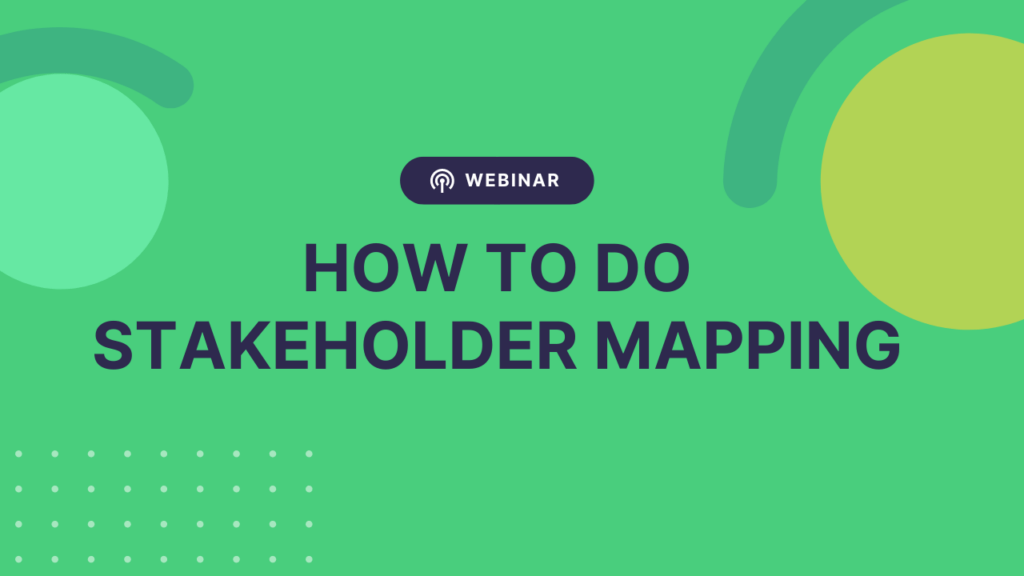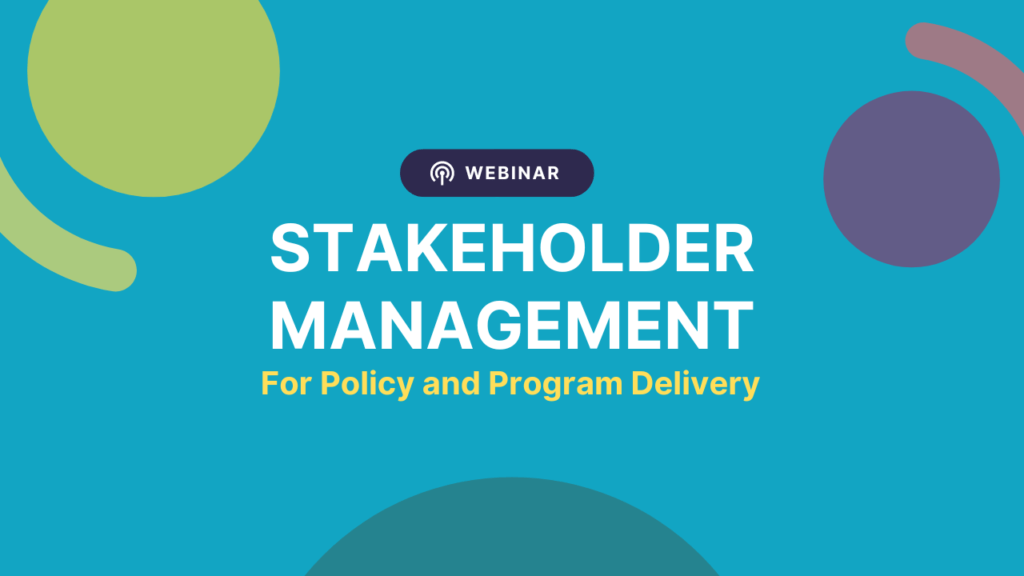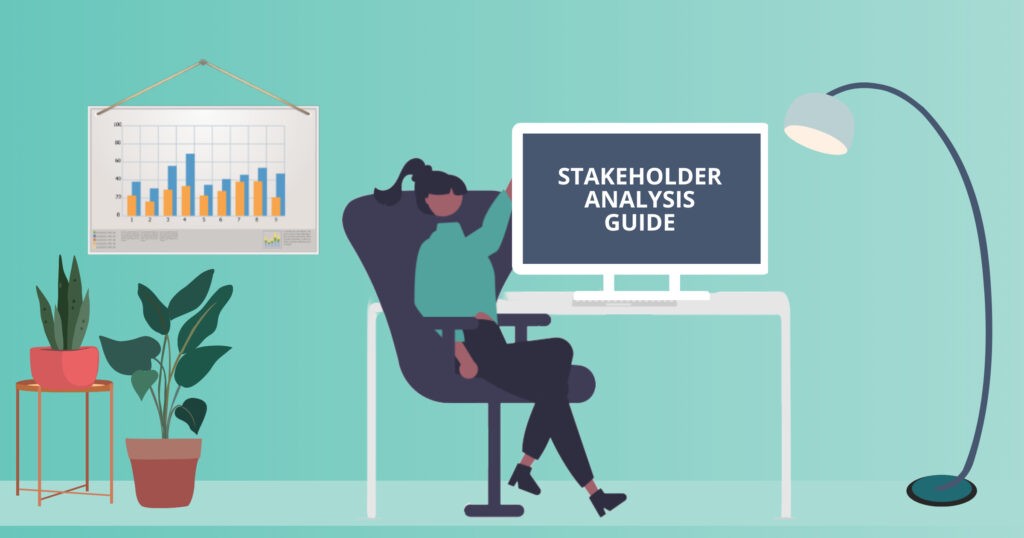How Does Civil Society Engage the Government?

Curious about the role civil society plays in government organizations, or how these groups interact with one another?
You may have heard of the term ‘civil society’ if you hang out in certain circles (or read certain articles) but since it’s not part of most people’s vocabulary, let’s start with a quick definition:
| What is Civil Society?
Britannica defines civil society as a ‘dense network of groups, communities, networks, and ties that stand between the individual and the modern state.’ These groups may include sports clubs, charities, indigenous groups, non-profit organizations, faith-based organizations, foundations, professional associations, and more. Well-known examples include the Red Cross, Rotary Clubs, the Salvation Army, Amnesty International, and Wildlife Warriors. |
Civil society groups help to bring about the interests of citizens and individuals, but tend to act independently of government institutions and businesses.
But even though civil society acts independently of government institutions, many civil society organizations regularly interact with governments and their representatives. In fact, we’ve identified at least ten ways that civil society organizations typically engage with the government:
Shaping Policy
Civil society groups are often involved in shaping government policy, programs, and strategy through consultation, discussions, and public hearings, with organizations often representing the interests of a broader group of stakeholders.
However, it’s interesting to note that overall, civil society organizations have a relatively low impact on policy. That’s because various barriers restrict their engagement, such as hostile governments, limited technical skills, limited budgets, a limited understanding of policymaking processes, a lack of persuasive evidence, and a lack of information sharing between civil society groups.
To overcome these barriers and increase their influence on policies, civil society groups could seek to better understand the policymaking process in their local governments and partner with other groups to bolster their evidence, influence, and impact.
Lobbying and Advocacy
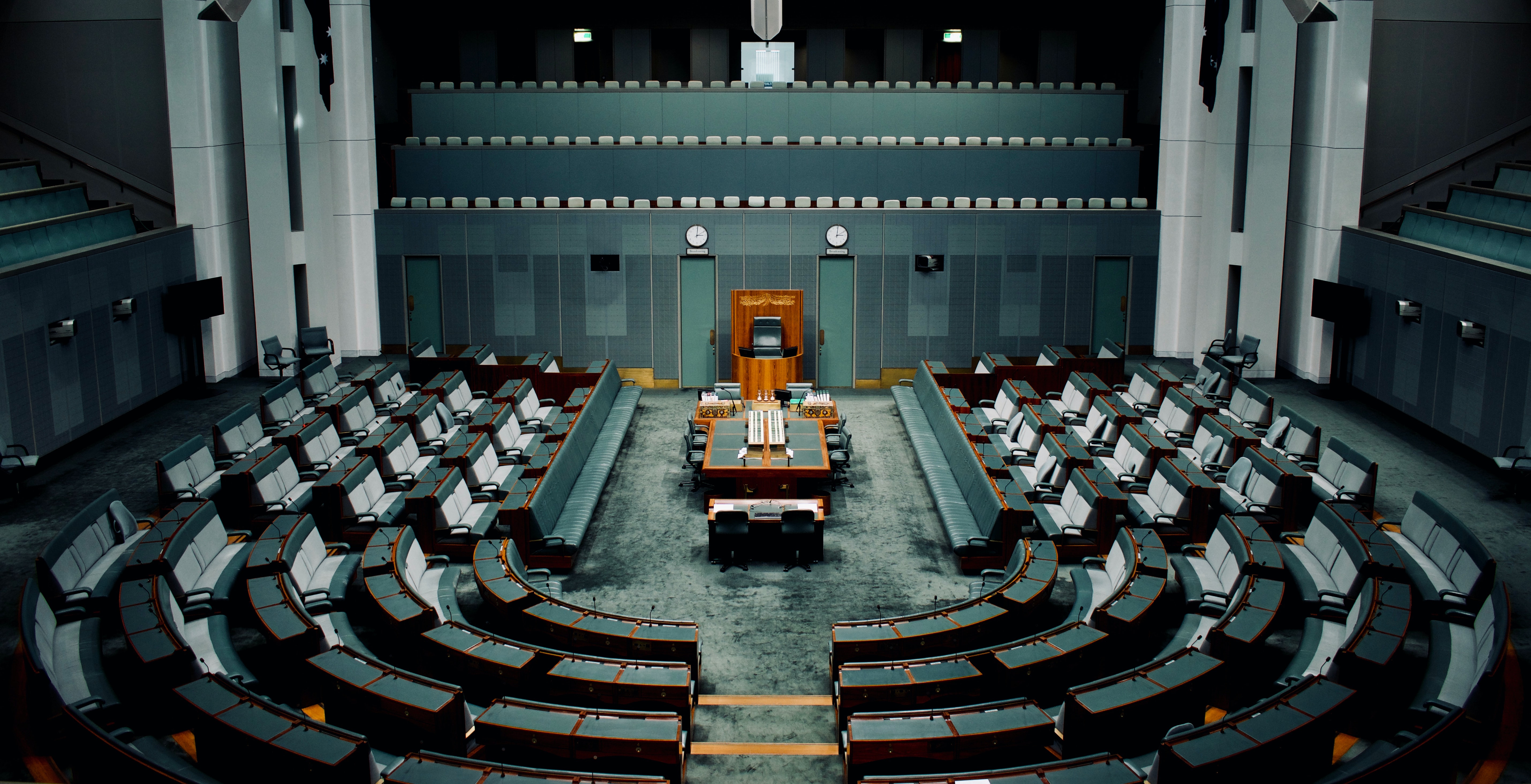
Many civil society organizations engage in various advocacy activities. They might:
- Share information directly
- Campaign and lobby to raise awareness or push for change
- Be formally invited by governments to attend meetings and events
- Hold public demonstrations
- Engage with media
For example, The Future of Life Institute is a non-profit organization with the goal of reducing extreme, large-scale risks from transformative technologies, while increasing their potential benefits. Famously, they released an Open Letter to Pause Giant AI Experiments in March 2023, with signatories including Elon Musk, Steve Wozniak, and many other tech leaders and academics. The letter called upon all AI labs to immediately pause training on powerful AI systems for at least 6 months, and asked governments to step in and institute a moratorium if the pause could not be enacted quickly.
Serving on Committees
Sometimes civil society members will participate in working groups or government advisory committees to provide input on specific issues, share advice, or influence decisions.
Although committees are often formed by local governments for specific projects and issues, a more broad example of this is The Human Rights Committee. This committee is composed of independent experts that work to promote the enjoyment of civil and political rights, bringing about changes to policy, law, and practice.
Promoting Accountability and Transparency
Civil society plays an important role in holding governments to account — from monitoring government actions to publicly calling them out with reports that highlight potential issues.
For example, the Global Partnership for Social Accountability (GPSA) provides grants that facilitate ‘collaboration of civil society organizations with governments, and engagement of citizens in joint, iterative problem solving in order to solve development problems, strengthen accountability and improve sector governance.’ One of their projects involved citizen monitoring to improve transparency and accountability of licensing and revenue management in the Indonesian mining sector.
Empowering Marginalized People
Civil society organizations are critical to identifying groups that are being left behind, advocating for those whose voices aren’t easily heard, and implementing programs that can offer practical support. But to do this, they often rely on a mixture of donations and government support to serve marginalized groups, so regularly engaging with both donors and government stakeholders is critical.
Supporting Emergency Preparedness and Response
Many civil society organizations play an important role in helping governments prepare for (and respond to) emergencies. This might include coordinating a response via their members or community audience, contributing knowledge, spreading awareness, or collecting charitable donations.
For instance, the Red Cross Society of Romania collaborated extensively with authorities to offer support during the COVID-19 pandemic. They offered logistical support, launched a campaign to raise awareness, and initiated a national fundraising campaign that gathered significant donations from the private sector.
Collaborating on Essential Goods and Services
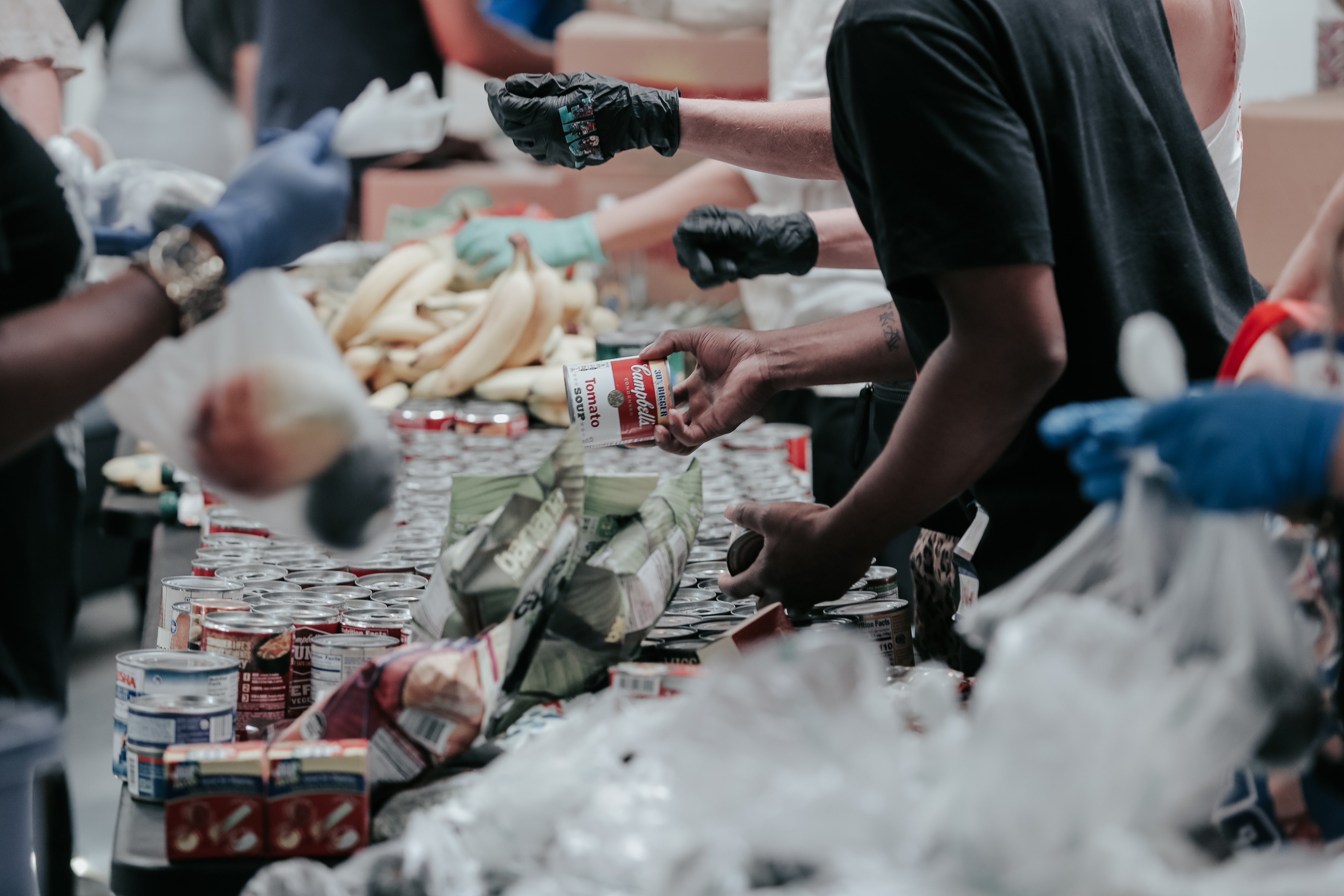
Many civil society organizations provide essential goods and services to people who would otherwise be unable to afford or access them. This could include health services, food supplies, education, shelter, and security — and is often done in partnership with local government organizations.
For example, Foodbank Australia is a registered charity that works with 2,625 frontline charities and 2,890 school breakfast programs to provide 87.9 million meals per year to those who need it. The national organization’s role includes government advocacy, partnership management, and providing national research and statistics (like the Foodbank Hunger Report).
Citizen Engagement
Some civil society organizations may provide a space for citizens to engage in or monitor government processes, either through formal invitation or in informal environments.
Of course, providing that space doesn’t guarantee engagement, and some organizations may need to take additional steps to actually achieve civic participation and encourage citizens to engage.
Legal Action

When governments act in a way that is unlawful or against public interest, some civil society groups may respond with legal action.
For example, legal proceedings were initiated by a lawyer and a civil liberties group in Australia following the controversial Tampa Affair in 2001, when Australian troops detained hundreds of asylum seekers that had been rescued by a Norwegian vessel. The Federal Court gave this civil society group standing on the basis of ‘acting in the public interest’ to protect a vulnerable group, though hindsight shows that their (failed) litigation would have likely delivered a less favorable outcome to the asylum-seekers.
Joint Initiatives
Finally, in some cases, civil society organizations partner closely with government agencies on joint initiatives or projects. They may work closely together throughout the whole project, or collaborate at a certain stage, like planning, implementation, or evaluation.
For instance, they provide critical information to governments, or play a significant role in implementing development initiatives.
——
Is your nonprofit, institution, or other civil society organization looking for a way to better manage your relationships with government groups (and other stakeholders)? Make sure you check out Simply Stakeholders — our stakeholder management software can help you track and manage all your important relationships in one place!












